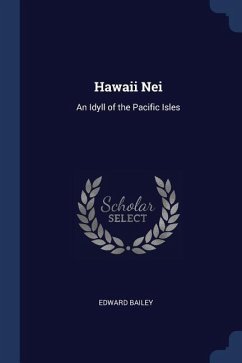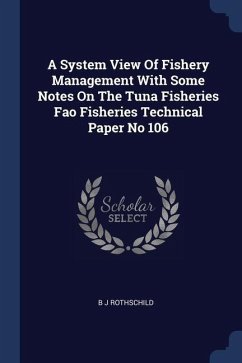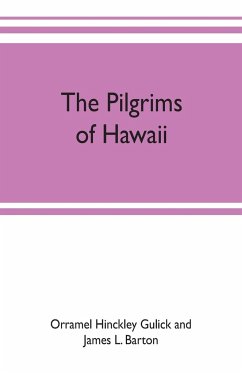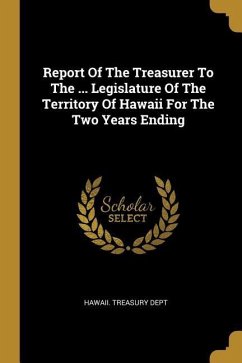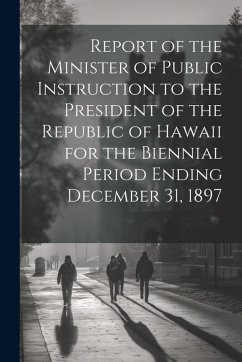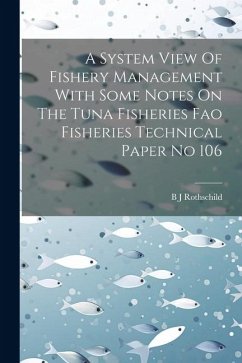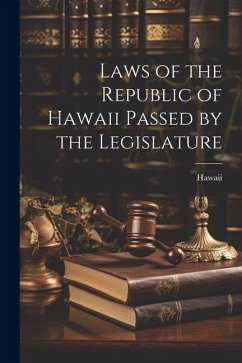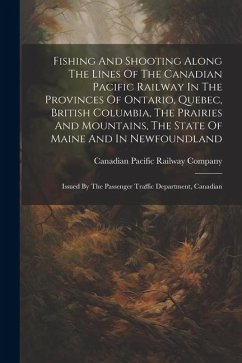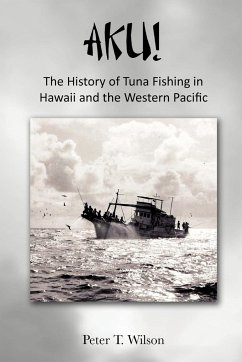
Peter Wilson
Broschiertes Buch
AKU! The History of Tuna Fishing in Hawaii and the Western Pacific
Versandkostenfrei!
Versandfertig in 1-2 Wochen

PAYBACK Punkte
11 °P sammeln!




AKU! The History of Tuna Fishing in Hawaii and the Western Pacific
Peter Wilson's is a 'journey of learning by doing', with a passion for living within Earth's means and, in recent years, a determination to make an individual difference. He grew up in Africa discussing the origins of Earth with his father and his contemporaries (geologists, palaeontologists, physicists). He was fascinated by Africa, the human migration within it, and the human migration from it. Peter trained as an engineer and went on to understand business and how to solve problems for people including energy, housing and healthcare. He travelled widely and liked helping people to help themselves, starting his own businesses to pursue these goals. In the meantime, the pressing problems of the Anthropocene were being scientifically researched with better instruments and information. Peter continued to feed his passion for human geography and what is now called 'sustainable development,' having great discussions with scientists, his father, his contemporaries and their generations of students. Finally, after the sale of his businesses in 2014, Peter could focus all his resources on raising awareness of the UN Global Goals for Sustainable Development. He conceived his Three Journeys Round project and, combining his passion for flying and adventure, he set about going to witness the issues for himself. In a Robinson R66 helicopter, Peter landed in 86 countries, travelling a total of 122,500 kilometres in 285 expedition-days on three remarkable, long-range aviation journeys. He continues to work out how best to explain that there is no economic argument for maintaining extreme poverty and that capitalism needs to take account of Nature because it is not free.
Produktdetails
- Verlag: Xlibris
- Seitenzahl: 370
- Erscheinungstermin: 3. Februar 2011
- Englisch
- Abmessung: 229mm x 152mm x 22mm
- Gewicht: 600g
- ISBN-13: 9781456859039
- ISBN-10: 145685903X
- Artikelnr.: 33117913
Herstellerkennzeichnung
Libri GmbH
Europaallee 1
36244 Bad Hersfeld
gpsr@libri.de
Für dieses Produkt wurde noch keine Bewertung abgegeben. Wir würden uns sehr freuen, wenn du die erste Bewertung schreibst!
Eine Bewertung schreiben
Eine Bewertung schreiben
Andere Kunden interessierten sich für


